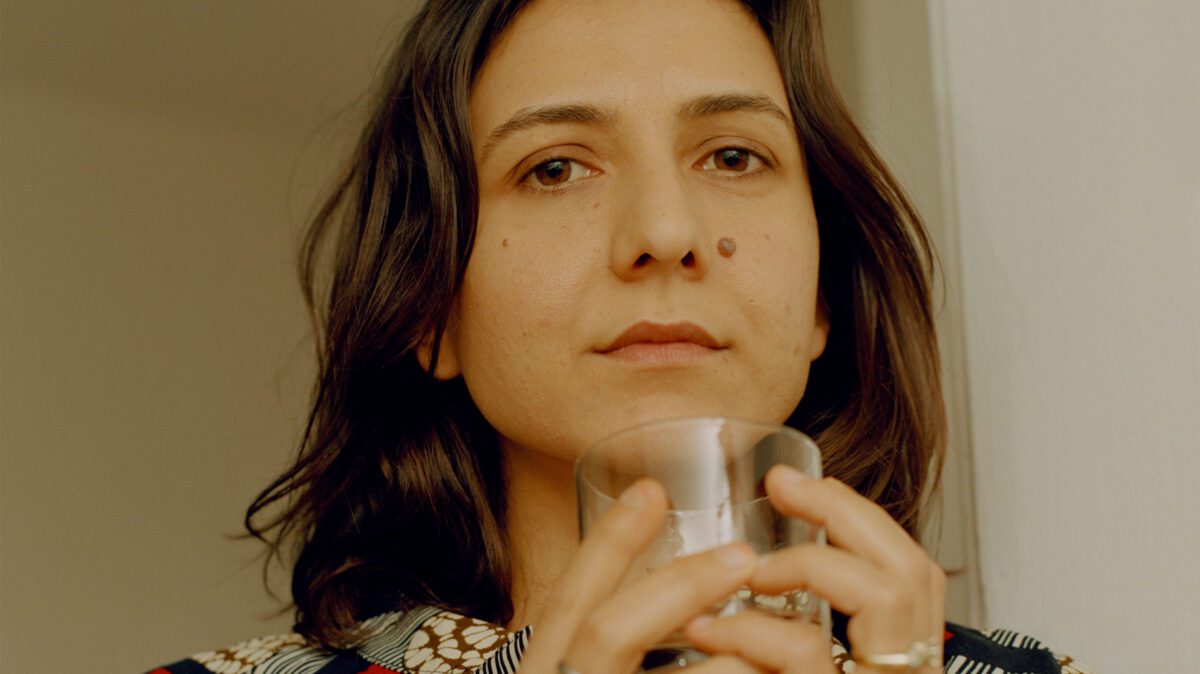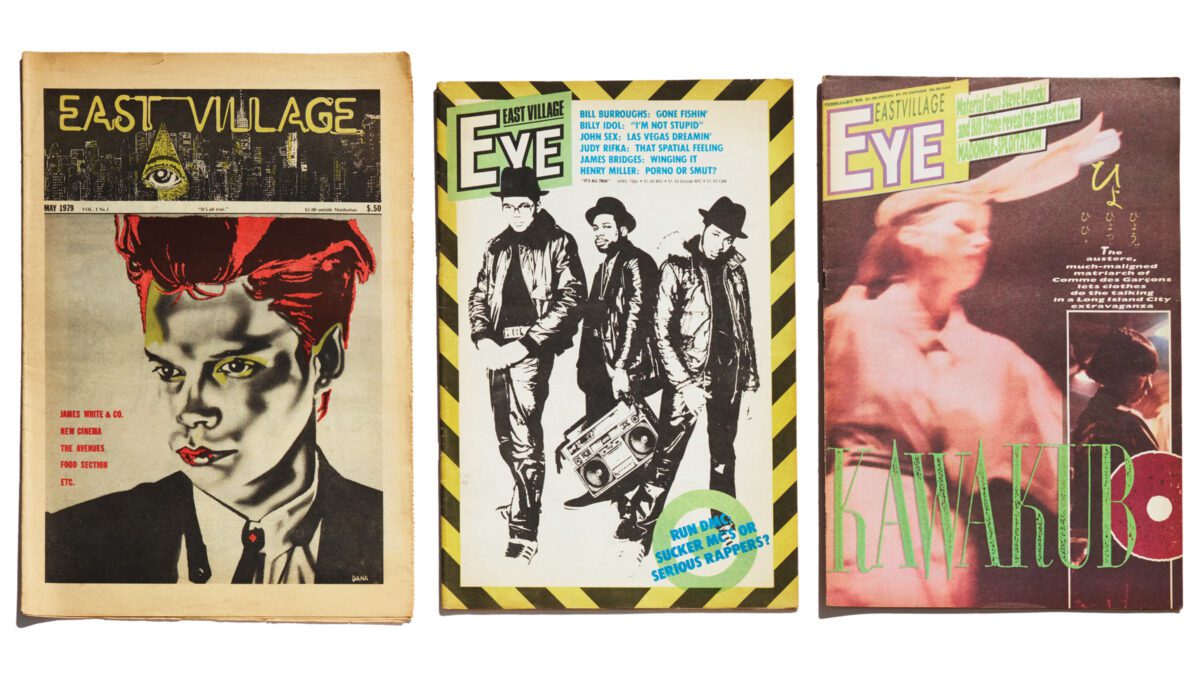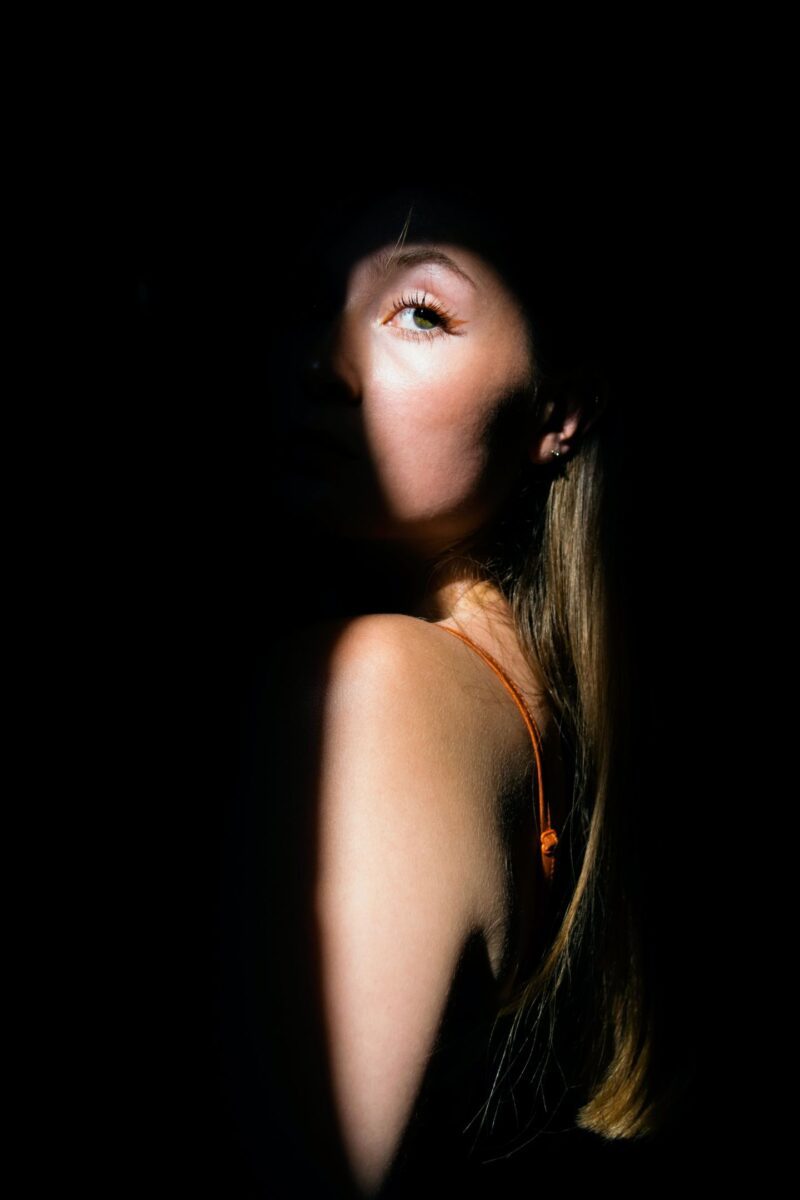
Murder, booze, and sex have been just some of the novelist’s go-tos in the past. Now, the dissolution of her latest book takes its inspiration straight out of a prescription bottle.
The human experience is difficult enough at the best of times and having just returned to New York City from a period of voluntary quarantine—two weeks of isolation close to the middle of nowhere—I was having trouble dealing with the people around me. Which really meant dealing with myself.
I’d taken Ottessa Moshfegh’s new novel My Year of Rest and Relaxation with me on the trip but hadn’t once managed to pick it up, which was probably for the best. It wouldn’t have helped with my longing for nothingness, and this way I was able to use it as a distraction from the everything, everywhere on my return to the city instead. Ignoring the book also allowed me to postpone one of the few things pressing me to participate in the real world again. If I read it I’d have an opinion, and that felt like one step closer to conducting this interview, which was something I was hoping to put-off for a little while longer at least.
I get anxious talking to people, is the thing. On the phone. At parties. In the street. But the problem with books like this one is that once you’re immersed in them it’s hard not to want to talk to somebody about it. And I’d wanted to speak to Moshfegh about her work ever since reading McGlue, the weird and wonderful little book about an injured, alcoholic sailor falling in love and in-and-out of consciousness while awaiting trial for his lover’s murder that she published in 2014.
My Year of Rest and Relaxation is actually Moshfegh’s second novel-proper. It follows the 1960’s-set Eileen, a Man Booker Prize nominated, PEN Hemmingway Award winning novel about a woman working in a young offender’s institute. Eileen is a book about feeling alien and alone and wanting to escape, and these are all frequent themes in Moshfegh’s work. Populated by weirdos and outsiders, her stories are funny and heartbreaking in a very calculating kind of way. At 37, she is not only a prolific writer but an obsessive one too, toiling away over the minutiae of her sentences, the rhythm and cadence of her words. And if her work seems effortless it’s because she’s wrestled it into submission. Her stories are refined the way jokes are refined. Beaten. Sculpted. Perfected. Littered with shotgun sentences that can go off at any time, they mix laughter with disgust in awkward, equal measure, shining an eerie half-light on the shadows we sweep under our carpets and to the back of our minds.
The novel unfolds in a place of confinement: a year-long period of self-imposed seclusion in the narrator’s apartment between 2000 and 2001. And either in spite of these limitations or because of them, it also manages to traverse a litany of emotional landscapes across its pages. Memory. Grief. Regret. Abusive relationships and one-sided friendships. The pitfalls of self-care and medically altering one’s brain with a laundry list of prescription drugs. How you can choose to use all the tools in the world to navigate your life or none of them at all, and how that’s completely your choice.
It’s a novel about surviving any way you can in a time when the luxury to grieve personal tragedy still existed, before the giant, public trauma of the contemporary world reared its ugly head in full. It made me nostalgic. And also, depressed. Often it made me sleepy, and I moved through it as though in a trance. At times I wanted to lie down in a bed in the darkness to wait things out. To take something to make me feel better, whatever that meant. And in the end, perhaps that’s what all great art should strive for, to be a vessel or a means of escape. A totem to hold or a crutch to cling onto. A way to make you feel something, anything, before the whole of human existence comes crashing down around you on a wave of regret.
Document—People sometimes seem to have trouble with your characters, maybe because your writing really inhabits their voices and worlds. As a result, when people discuss your work, they talk more about the “disgusting” or “depraved” elements. The bodily fluids and unquiet minds, rather than, say, the way you construct and build your stories. The words and sentences themselves.
Ottessa—I’m just incapable of writing a character I don’t relate to I guess. I think likability has become an industry term that means the reader can see positive qualities enough in a character to justify relating to them. I think that’s stupid. I don’t think a work of art has to take responsibility for the viewer’s or reader’s self-esteem. That’s not my job. I experienced a backlash to Eileen that I found disgusting, which was part of this whole discussion on likability and seemed incredibly misogynistic. So when I wrote My Year of Rest and Relaxation there were a lot of decisions I made with effort, and one of them was that I deliberately decided that I wanted the narrator to look like a model. Specifically, a blonde, thin model. This would be my own personal revenge against the world because I’m a woman, and I have my own experiences with having lived this far in a society that responds to women in certain ways based on what they look like. I swear to god, I’ll put money on people liking this character more, even though she has had a way easier life than Eileen just because she is pretty. They can relate to her in this one way: I have merit. I am attractive too. I want to be like her, therefore I can justify relating to her. People were uncomfortable relating to Eileen because she wasn’t giving them what they needed. They were disgusted with themselves, and that’s why they were disgusted with her. So for this book I thought, “I’ll do you all a big favor, you people out there who thought Eileen was disgusting. I’ll make my character look like Amber Valletta.” Name any model, basically. Some blonde woman who probably doesn’t fart. “Now, you’ll all be really happy. You can go on this journey feeling completely safe because women are still pretty things, and their internal worlds don’t really go anywhere.” And then, by the end of the book, hopefully they’ll feel differently.
Document—How do you balance the weird with the profound, the humor with the darkness in your work? Is it something you’re aware of while writing, where you realize you need more of one or less of the other to keep a balance in the story?
Ottessa—I think that’s something I really discovered writing Homesick for Another World [Moshfegh’s collection of short stories published in 2017]. I discovered myself as a writer with that book. That rhythm, a certain flavor of ironic comedy that runs against the more serious fabric of the story, and yet is the story. That cadence and rhythm. That’s just who I am. I’m a funny person, in my seriousness especially, and that comes out in the stories I guess. I work extremely hard. I’m a maniac when it comes to work. There’s great joy in it too, of course, but there’s also hours of painstaking revision-after-revision, a magnifying lens placed on every word and comma. I’ve actually just recently started moving forward with a new project and I’m interested to see where that goes because it’s not a funny premise at all. If I told it to you I don’t think you’d find any real room for humor there. It’s pretty serious and violent. So I’m curious to see how my patterns adapt.
Document—Speaking of violence, I wanted to ask you about Bret Easton Ellis and American Psycho, specifically. It struck me reading the new novel that there was maybe a kind-of kindred spirit or influence there. And then I thought, “How do I bring this up?” Because people don’t usually want to talk about inspiration, and I sometimes get the feeling that it’s still pretty uncool to talk about Bret Easton Ellis. That maybe, for a younger writer especially, he’s become too obvious or too clichéd an influence to cite.
Ottessa—There were actually very few reference points that I wanted for this book, and most of those were personal. And then also: American Psycho. Sometimes when I didn’t know what to do, I would think, “Well, if this was American Psycho what would I do?” It was a huge influence, and I told Bret that. I don’t know if he really heard me, but it’s in an email somewhere! And I really didn’t realize how much that book had influenced me as a writer until I wrote this one. It was just sitting there in my brain all this time as an example of, “Oh yeah, you don’t have to play that dumb game that everybody else is playing. Fuck that. Life is real.” And as corny as it sounds, it gave me a place to be. Where I could say, “Okay, I’d want to be on the same shelf as that.” I don’t know how much of this is coincidence, but I wrote an introduction to the new U.K. edition of Less Than Zero earlier this year. It was a book I hadn’t read in maybe twenty years, and reading it again was so disturbing. I cannot believe he wrote it when he was twenty-one! I was probably around twelve when I first read it, I’m 37 now, and rereading it made me think that only a very young person could capture that. That only a very young person could take such an honest snapshot of where we are culturally because there isn’t the baggage of nostalgia attached to it, or the fear connected to that attachment to the past. I do wish someone was writing books like that now. Although, I’m really excited about this next generation of writers and what the hell they’re going to make of all this.
Document—If there’s another link I can lazily make between your new book and Ellis’s work, it would be the drugs and the isolation. My Year of Rest and Relaxation centers around someone’s desire to hide away from the world by abusing a shit-load of prescription drugs in order to maintain a near-constant sleep-state over the course of a year.
Ottessa—I think you’re describing two things like they’re different, and I’m not sure they are. What does it mean to take a sleeping pill as prescribed? It means you take it once a day. But to me there’s no difference between being unable to sleep and being anxious that you’re unable to sleep, especially if there’s something that exists that you can take to make yourself feel better. There’s so much shame associated with self-care, and I don’t know how much this has to do with the book, but there’s this idea that people on drugs are involved in some kind of immoral sin. That they’re all just junkies or alcoholics, who need to get their shit together. While that’s probably true, it’s not a moral problem. It’s not because they lack rules, it’s because they’re fucked up. It’s because they’re miserable. And if we choose to take a pill because we don’t like how we feel that’s exactly what the pills are intended for, so why do we have to wait until we’re having a diagnosable panic attack to take them? Everybody needs paths.
“There’s so much shame associated with self-care. There’s this idea that people on drugs are involved in some kind of immoral sin. It’s not a moral problem. It’s not because they lack rules—it’s because they’re fucked up.”
Document—Like all of your work, this book feels incredibly authentic to the character. Not only her feelings and thoughts, but also the New York she lives in. It feels very real to me, not glamorous or fun. It’s miserable and hard. It’s bodegas and waxing salons. Park benches, black coffee and dark skies. And I think it would still feel very real to me if I’d never lived there. Were you living in the city around the time the book is set?
Ottessa— I went to school in New York, and I graduated from college in 2002. I was a senior when 9/11 happened. I didn’t know my life was going to go the way that it has gone, and without getting too deep into my own psychology, 9/11 really woke me up. That event obviously had a huge impact on how everybody felt about life, and for me, ironically, it actually gave me some kind of faith. I know that’s why the book exists. If you were in New York on 9/11 you really couldn’t make a phone call, which meant I couldn’t reach anybody back home, nor my cousin who lived in Manhattan and worked at the Twin Towers. I couldn’t find out from my family if they’d heard from her, and I couldn’t ask her, so I just wondered around numb all day, not really able to have any emotions about it. At night when I went to sleep I made a deal with god, which was, “If she’s dead, I will accept that there is no mercy in this life and I will give up because this isn’t the world I thought it was. But if she’s alive, I will do everything I can to live my life. I will give this my full effort.” The next day I found out that she’d overslept that morning. As a 20-year-old depressive, weirdo writer unsure whether I felt like embarking on the mission of adulthood and everything that lay before me, it was a big deal in my spiritual development. It was an important moment for everybody that experienced it, and part of this book is that feeling manifesting itself.
Document—Did you intend for the novel to be critical of the pharmaceutical and therapeutic industries, or this seemingly very modern idea of self-care? It does feel as though the novel is making a comment on there being no real difference between one way of taking care of yourself and another.
Ottessa—Well, I’m not writing this book in 2000. I wrote it in 2016, and I was responding to a very powerful sense that the world sucked. I could easily imagine someone wanting to check out of it, and of maybe wanting to check out myself, too. I wrote a book called Homesick for Another World, so it’s no big secret that I haven’t ever felt super at home here. And at the time of writing this novel the world was feeling especially violent and terrible. So the book was a response to that. I don’t know how not to write a book without expressing that fear. Because if the existential ennui is the chronic human condition, then what do we do as a contemporary society? As a species we might be getting legitimately sicker, but human beings are not supposed to be this depressed or anxious. We want to think that’s because of a chemical imbalance. That chemical imbalance probably exists because for generations we’ve lived under totally traumatizing stress—totally repressed religious upbringings, fucked-up families. A world that constantly tells itself it’s good while actually destroying the planet. We’re supposed to feel safe? Our nervous systems are supposed to do all of these right things? It’s fucking impossible. Meanwhile, if you give someone the suggestion that they can take a drug and feel better—I mean, who isn’t going to take that? The root cause of our misery is not our fault, and we have the right to be angry about it. We also have the right to do whatever the fuck we want—no matter what that looks like.




